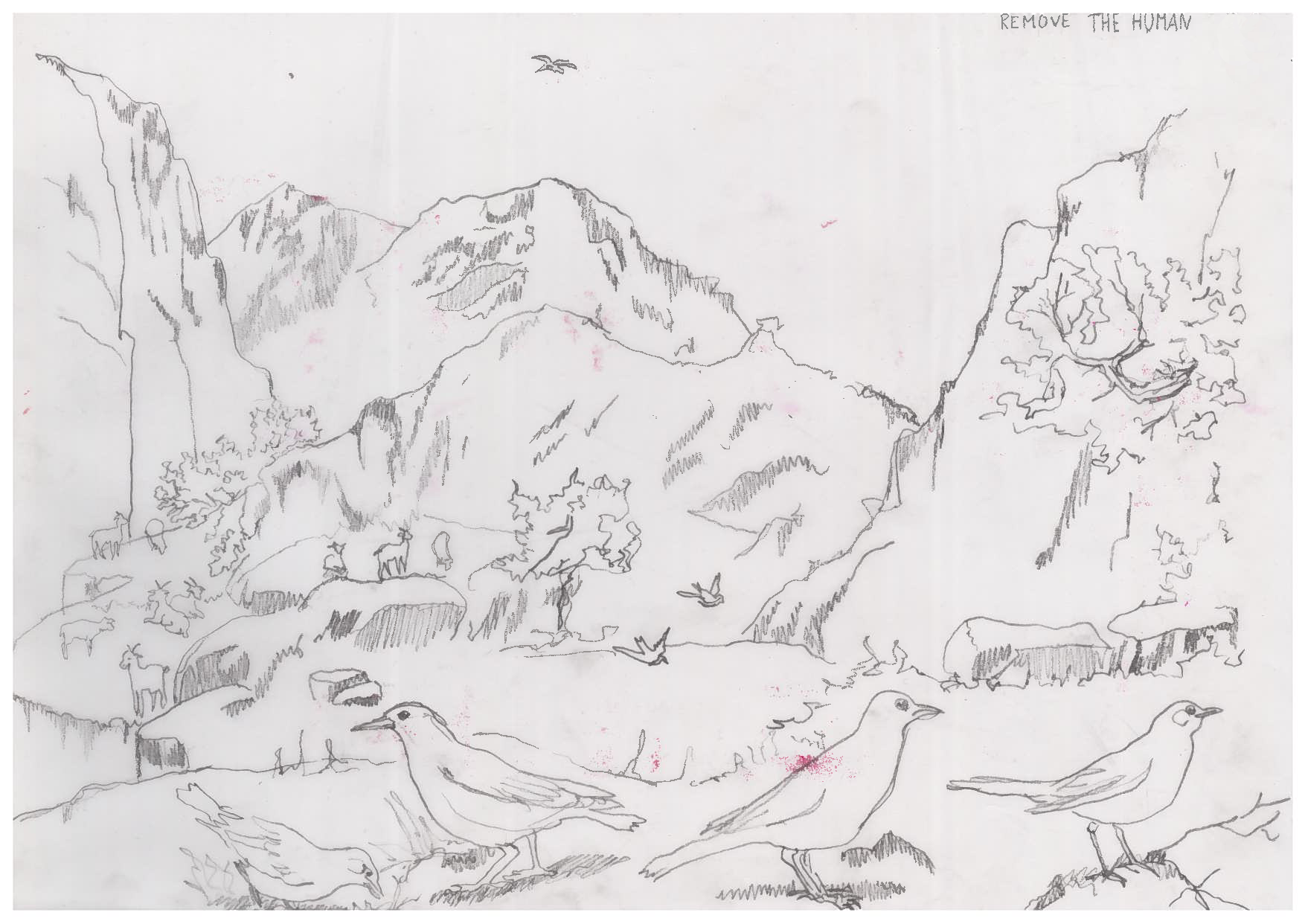Moving the mouse cursor over the top of the page will display the menu bar.
"the archive that I imagine to unlearn the archive" is both a research output and a method. Driven by the idea of unlearning as a transformative, post-colonial pedagogical practice, I began to think about whether and how an archive could become a site for critical knowledge production in arts education and in the history of education, rather than just documenting my research process. There is a slight irony, seemingly a paradox in the title of this archive: "the archive that I imagine to unlearn the archive". Unlearning while practising it? The idea is not repetition, unless it is considered repetition in variance, never settled, never fixed. It speaks to my attempt to unlearn hegemonic ways of seeing and educating and to provide pedagogical encounters that foster such unlearning in the fields of arts education and history of education. the archive that i imagine to unlearn the archive makes a contribution to research that interrogates the archives that we as arts educators inherit and raises questions about the purposes and ways of doing histories. I developed a performative-archival practice as a research methodology that combines visual culture inquiry, post-colonial pedagogy and arts-based practices. "the archive that I imagine to unlearn the archive" departs from two series of object lesson picture books of the so-called object lesson method (Pt. lições de coisas, Germ. Anschauungsunterricht) from the long 19th century that circulated across Imperial Europe as performative scores. The archive is invested in the study of visual representations of modern/colonial Nature and childhood, in the history of visual pedagogies and in how reform education was involved in producing the imperial citizen “at home”. This work was supported by FCT - Fundação para a Ciência e Tecnologia, I.P. under the project with the identifier DOI https://doi.org/10.54499/2022.12937.BD.
This page contains media that is intended to start playback automatically on opening. This may include sound. Your browser is blocking automated playback. Please click here to start media.





